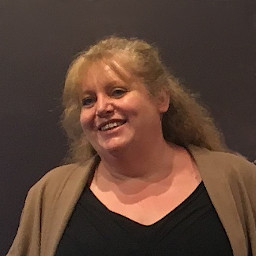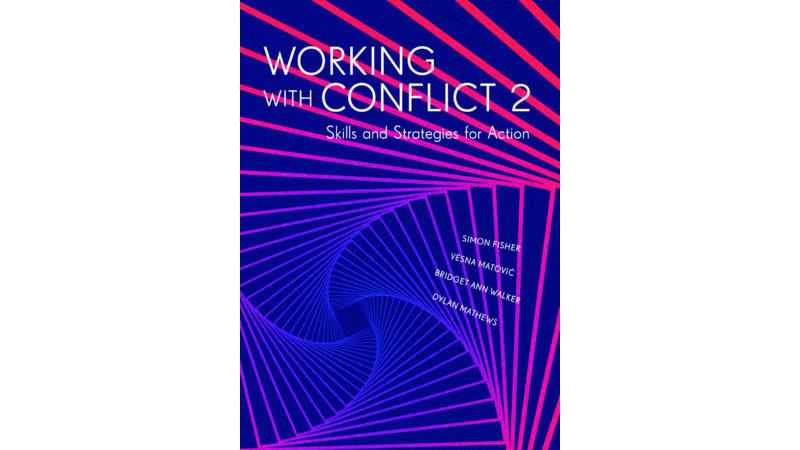The research group on conflict, humanitarian action and peacebuilding is at the interface between humanitarian action, peace and development. This includes:
- the links between conflict sensitivity and conflict transformation
- the introduction of transformative resilience within humanitarian programming
- the mainstreaming of cross-cutting issues (such as culture, gender, displacement, environment) into the nexus, particularly in protracted conflicts and post-conflict settings.
Following the Agenda for Humanity and particularly the fourth pillar on ‘working differently to end needs’, the group investigates the localisation of aid and the ‘local turn’ in peacebuilding, in order to rethink the role of local actors (NGOs, communities, youth and women groups, authorities) in crisis-response.
With an action oriented approach, the group works closely with local organisations and academics in different conflict contexts.




